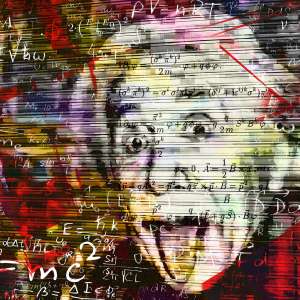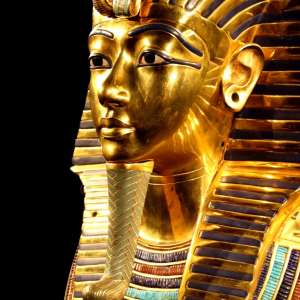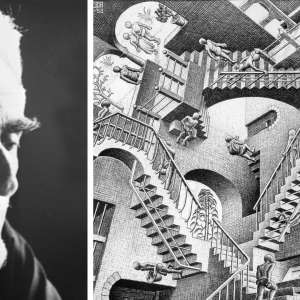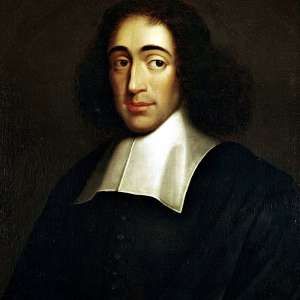
Throughout history, Jews have made significant contributions to science, medicine, and the arts. Despite comprising a small percentage of the global population, Jews have won a disproportionate number of Nobel Prizes in these fields, and their contributions have had a lasting impact on the world.
One of the earliest examples of Jewish genius can be found in the ancient world, where Jews made important contributions to science, mathematics, and medicine. For example, the mathematician Euclid, who is considered the "father of geometry," was of Jewish descent. In the fields of medicine and pharmacology, Jews such as Maimonides and Samuel ibn Tibbon made important contributions to the understanding of human anatomy and the use of medicinal plants.

In the Middle Ages, Jews continued to make important contributions to science and medicine. The physician and philosopher Moses Maimonides, also known as Rambam, made significant contributions to the understanding of human anatomy and the treatment of diseases. His work on the human nervous system, circulation, and respiratory system laid the foundation for many modern medical practices.
During the Enlightenment, Jews made important contributions to the fields of science and mathematics. The mathematician Leonhard Euler, who is considered one of the greatest mathematicians of all time, was of Jewish descent. Euler's work on calculus and number theory had a significant impact on the development of modern mathematics.
In more recent times, Jews have continued to make significant contributions to science, medicine, and the arts. In the 20th and 21st centuries, Jews have won numerous Nobel Prizes in fields such as physics, chemistry, economics, and medicine. Some notable examples include Albert Einstein, who won the Nobel Prize in Physics in 1921 for his theory of relativity, and Robert Aumann, who won the Nobel Prize in Economics in 2005 for his work on game theory.

In addition to their contributions to science and medicine, Jews have also made significant contributions to the arts. Jewish musicians, writers, and artists have made important contributions to the cultural landscape of the world, and their works have had a lasting impact on the arts. Some notable examples include the composer Gustav Mahler, the writer Marcel Proust, and the painter Marc Chagall.
The impact of Jewish genius extends beyond the fields of science, medicine, and the arts. Jews have also made important contributions to fields such as law, economics, and politics. The economist Milton Friedman, who won the Nobel Prize in Economics in 1976, was of Jewish descent, as was the lawyer and political theorist Hannah Arendt.

Overall, the contributions of Jews to science, medicine, and the arts have had a significant impact on the world. From the ancient world to modern times, Jews have consistently demonstrated a high level of intelligence and creativity, and their contributions have helped to shape our understanding of the world and the human experience. Despite facing significant discrimination and persecution throughout history, Jews have consistently managed to excel in a wide range of fields, and their contributions will continue to be recognized and valued for generations to come.














































